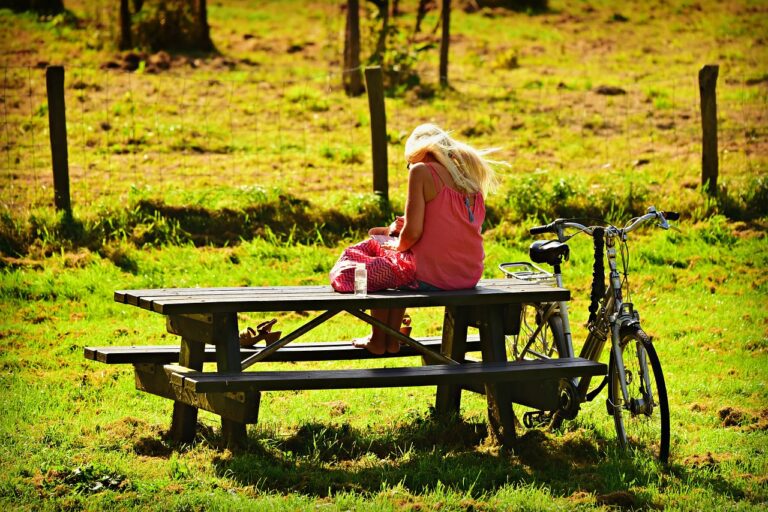Investigating the Impact of Educational Field Trips
Experiential learning beyond the classroom setting offers students unique opportunities to apply theoretical knowledge in real-world contexts. By engaging in hands-on experiences, students can deepen their understanding of concepts and develop practical skills that are essential for success in their future careers. These experiences provide a dynamic learning environment that fosters creativity, problem-solving, and collaboration among peers.
Additionally, experiential learning outside the classroom encourages students to step out of their comfort zones and explore new interests and perspectives. Through interactions with different cultures, environments, and situations, students not only broaden their horizons but also become more adaptable and open-minded individuals. This type of learning enhances personal growth and self-awareness, helping students develop a greater sense of empathy and cultural competence.
– Experiential learning outside the classroom allows students to apply theoretical knowledge in real-world contexts
– Hands-on experiences help deepen understanding of concepts and develop practical skills
– Encourages creativity, problem-solving, and collaboration among peers
– Students are encouraged to step out of their comfort zones and explore new interests and perspectives
– Interactions with different cultures, environments, and situations broaden horizons
– Students become more adaptable and open-minded individuals
– Enhances personal growth and self-awareness
– Develops empathy and cultural competence
The Role of Educational Field Trips in Enhancing Student Engagement
Field trips play a crucial role in enhancing student engagement by providing hands-on experiences that connect classroom learning to the real world. These experiences not only stimulate students’ curiosity and interest but also create memorable and impactful learning opportunities. By engaging with authentic situations and environments, students are able to make meaningful connections between theory and practice, leading to a deeper understanding of the subject matter.
Moreover, educational field trips offer students the opportunity to interact with experts, professionals, and resources outside the confines of the classroom. This exposure helps students broaden their perspectives, gain new insights, and develop a sense of relevance and applicability to their learning. Through these interactions, students are encouraged to ask questions, think critically, and actively participate in the learning process, ultimately fostering a more engaging and enriching educational experience.
How Educational Field Trips Can Improve Critical Thinking Skills
Educational field trips play a crucial role in enhancing students’ critical thinking skills. By exposing students to real-world experiences outside the classroom, field trips provide opportunities for students to apply their knowledge in practical settings. This hands-on learning experience allows students to analyze, evaluate, and problem-solve in real-time situations, promoting the development of their critical thinking abilities.
Through educational field trips, students are encouraged to ask questions, explore new ideas, and think outside the box. By engaging with new environments and experiences, students are challenged to think critically about the world around them and consider different perspectives. This inquisitive and reflective process promotes the development of analytical skills, helping students to become more independent and creative thinkers.
Why are educational field trips important for students?
Educational field trips provide students with hands-on learning experiences that cannot be replicated in a traditional classroom setting. They allow students to see concepts in action and make real-world connections to what they are learning.
How do educational field trips improve critical thinking skills?
Educational field trips require students to think critically about the information they are presented with and make connections between what they are seeing and what they have learned in the classroom. This helps to strengthen their analytical and problem-solving skills.
What are some examples of educational field trips that can enhance critical thinking skills?
Examples of educational field trips that can improve critical thinking skills include visits to museums, historical sites, science centers, and nature reserves. These trips provide students with opportunities to observe, analyze, and interpret information in a new and interactive way.
How can teachers maximize the benefits of educational field trips for their students?
Teachers can maximize the benefits of educational field trips by preparing students beforehand with relevant background knowledge, guiding them through reflective exercises during and after the trip, and connecting the experience to their academic curriculum.
Are educational field trips only beneficial for certain subjects?
No, educational field trips can be beneficial for a wide range of subjects, including science, history, art, and more. Any subject that can be enriched by hands-on learning experiences and real-world applications can benefit from educational field trips.







